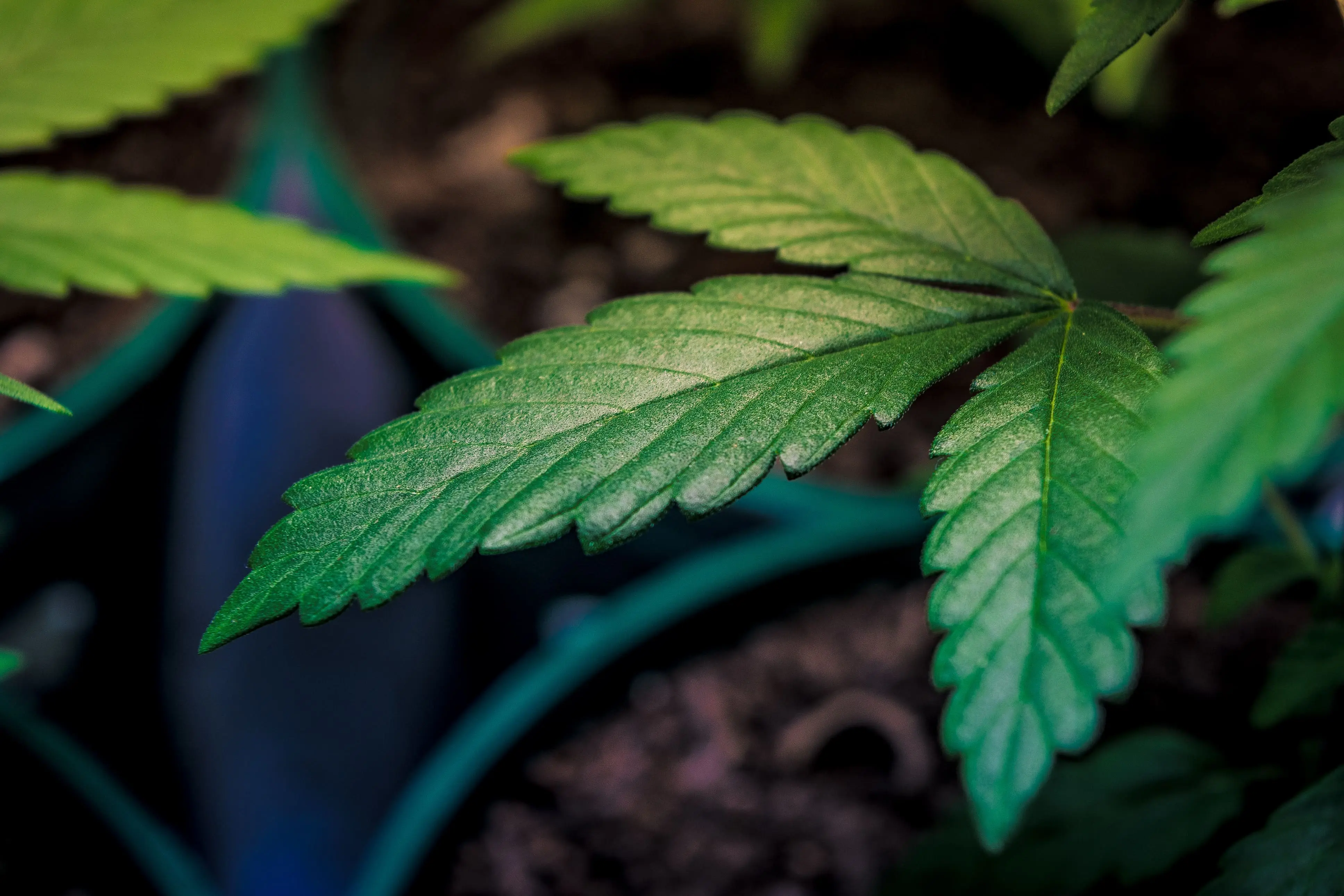Science & Health
Marijuana Users Have ‘Enhanced Cognitive Abilities,’ Large Federally Funded Study Shows

Marijuana users have “superior performance across multiple cognitive domains,” according to a new large-scale study funded by the U.S. federal government, with the effects of cannabis on cognition “presented concurrently across a range of brain systems.”
The research, published this month as a preprint by Nature Portfolio, analyzed brain imaging and cognitive data from 37,929 participants in the United Kingdom aged between 44 and 81 years old. The team found that cannabis consumers consistently outperformed non-users on a range of cognitive tests—suggesting that marijuana use may be linked to brain network patterns typically observed in younger individuals.
“These findings suggest that cannabis use may be associated with a deceleration of neural aging processes and the preservation of cognitive function in older adults,” the paper says.
“We speculate that cannabinoids and endocannabinoids may exert neuroprotective effects during aging by preserving an optimal balance between functional segregation and integration—an essential feature for maintaining specialized processing and efficient information transfer across brain networks,” wrote the researchers, who are from the Georgia Institute of Technology, Emory University, Georgia State University, University of Colorado, University of Chinese Academy of Sciences and Tri-Institutional Center for Translational Research in Neuroimaging and Data Science.
The authors of the study, which was supported by National Science Foundation and National Institutes of Health grants, noted that as marijuana laws evolve and societal attitudes shift, researchers are uncovering a more complex picture of the drug’s effects, particularly among older adults.
Legalization, increased permissiveness, and recognition of therapeutic potential have contributed to a marked rise in marijuana consumption among the study population, the authors said. They pointed out that older adults now represent the fastest-growing group of cannabis users, increasingly using it to manage chronic physical and mental health conditions.
“Cannabis users exhibited superior performance across multiple cognitive domains.”
The brain undergoes significant physiological changes with age, and the study underscored the importance of understanding how cannabis interacts with these processes. The researchers cautioned, however, that “the effects of marijuana in older adults may differ significantly from those observed in younger populations.”
To address gaps in previous research around marijuana’s effects on aging, the research team utilized advanced neuroimaging techniques on a vast dataset, which included brain scans and cognitive assessments from tens of thousands of participants in the UK Biobank.
The data revealed that cannabis users demonstrated brain network “characteristics typically associated with younger brains, along with enhanced cognitive abilities, highlighting a potential modulatory role for cannabinoids and endocannabinoids in neurodegenerative processes,” potentially supporting cognitive resilience. These benefits were noted from midlife into the late 60s and beyond.
“Cannabis use may confer neurocognitive benefits in older adults by modulating the organization of functional brain networks,” they speculated. “The observed effects imply that cannabinoids may exert neuroprotective influences in aging populations, potentially through their regulatory roles in maintaining or enhancing functional brain segregation and integration.”
The study’s large scale has the potential to make it a landmark contribution to the field of marijuana and aging research, though the team emphasized that more research is needed to fully understand the mechanisms at play.
Relatedly, a study published last year found that marijuana use is associated with lower odds of subjective cognitive decline (SCD), with people who consume cannabis for recreational or medical purposes reporting less confusion and memory loss compared to non-users.
A separate study in 2023 examining marijuana’s neurocognitive effects found that “prescribed medical cannabis may have minimal acute impact on cognitive function among patients with chronic health conditions.”
While the long-term effects of cannabis use are far from settled science, findings from a number of recent studies suggest some fears have been overblown.
A report published in April that drew on dispensary data, for instance, found that cancer patients reported being able to think more clearly when using medical marijuana. They also said it helped manage pain.
A separate study of teens and young adults at risk of developing psychotic disorders found that regular marijuana use over a two-year period did not trigger early onset of psychosis symptoms—contrary to the claims of prohibitionists who argue that cannabis causes mental illness. In fact, it was associated with modest improvements in cognitive functioning and reduced use of other medications.
Yet another study published by the American Medical Association (AMA) last year that looked at data from more than 63 million health insurance beneficiaries determined that there’s “no statistically significant increase” in psychosis-related diagnoses in states that have legalized marijuana compared to those that continue to criminalize cannabis.
Studies from 2018, meanwhile, found that marijuana may actually increase working memory and that cannabis use doesn’t actually change the structure of the brain.



